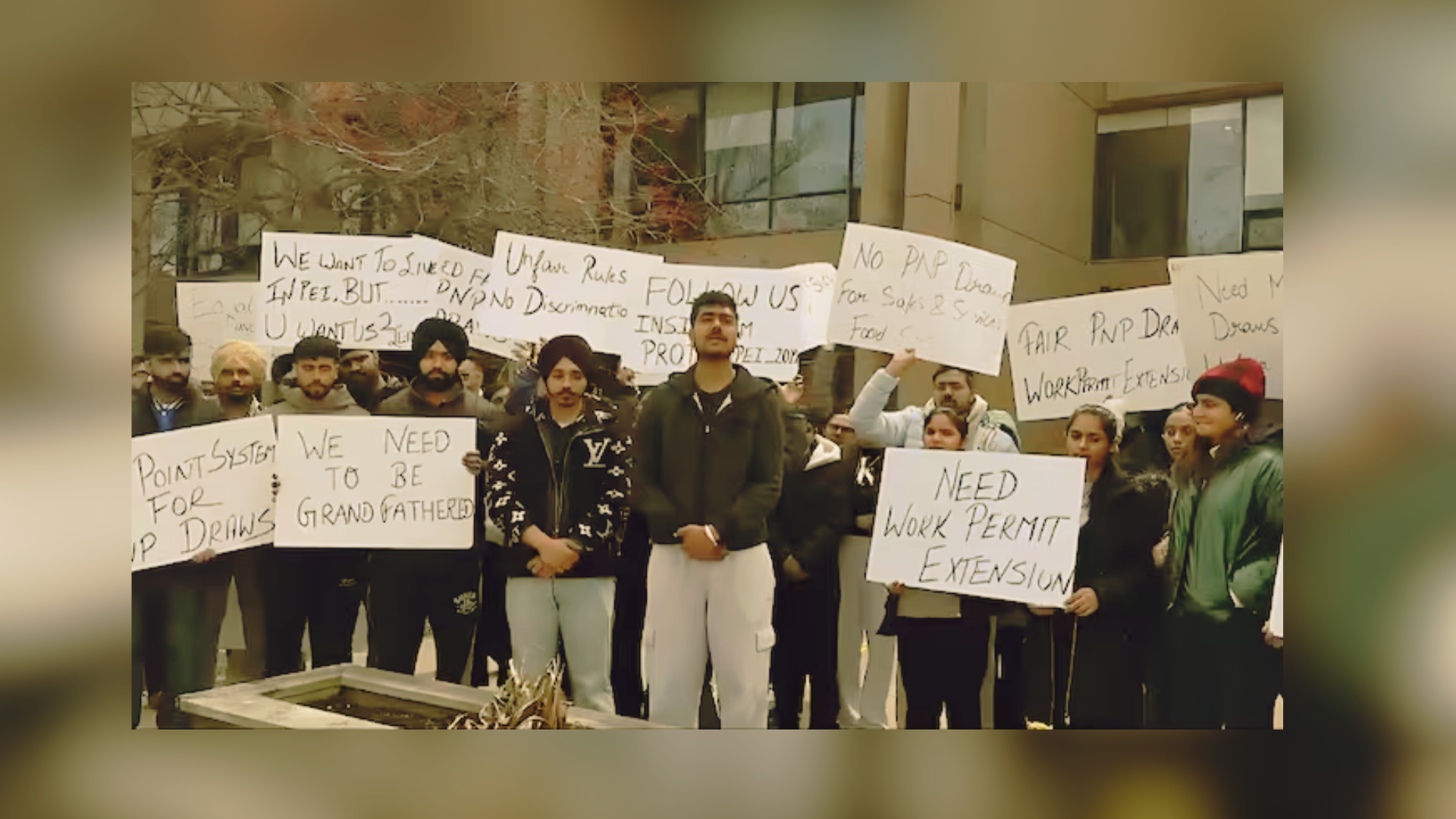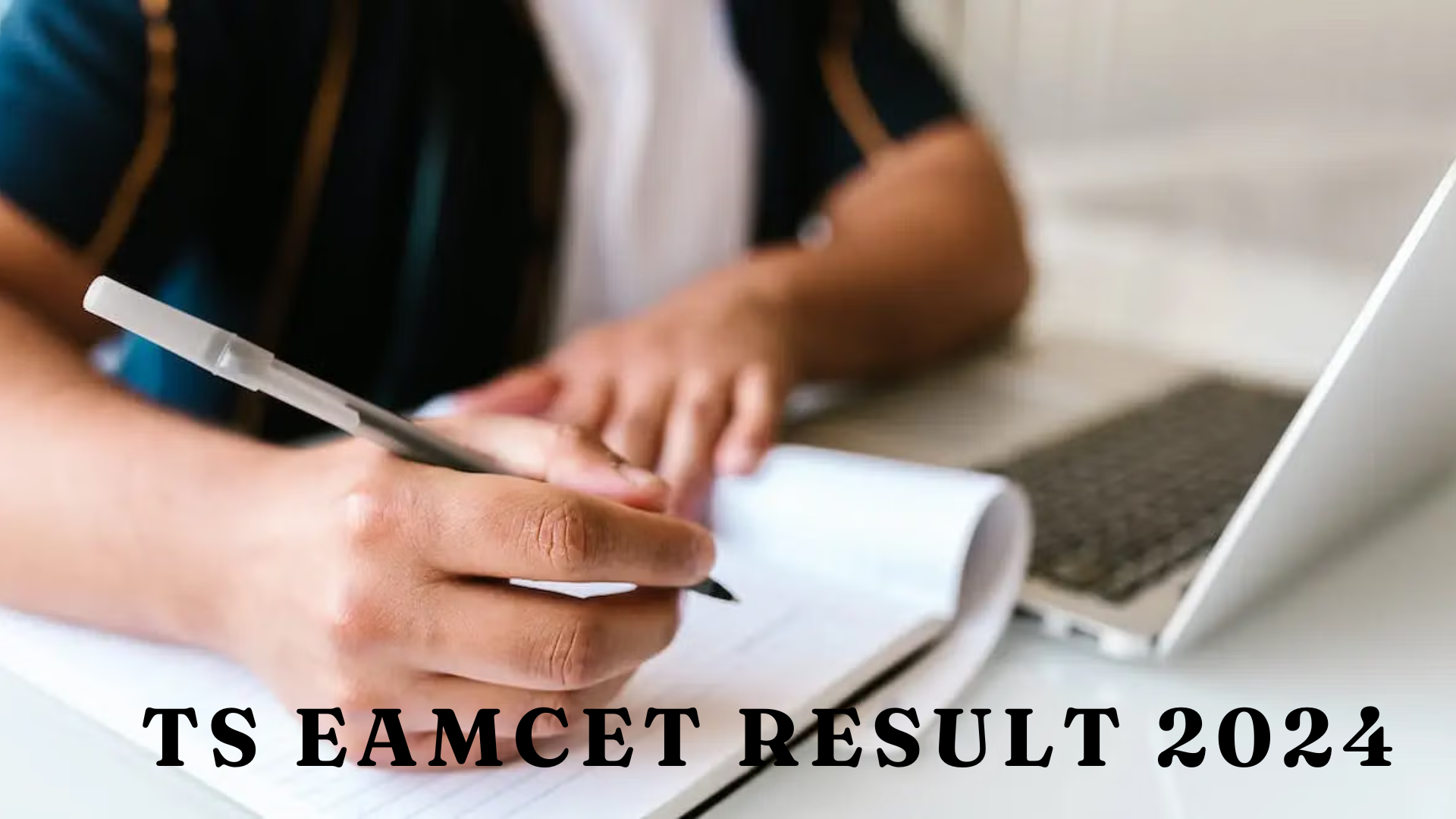



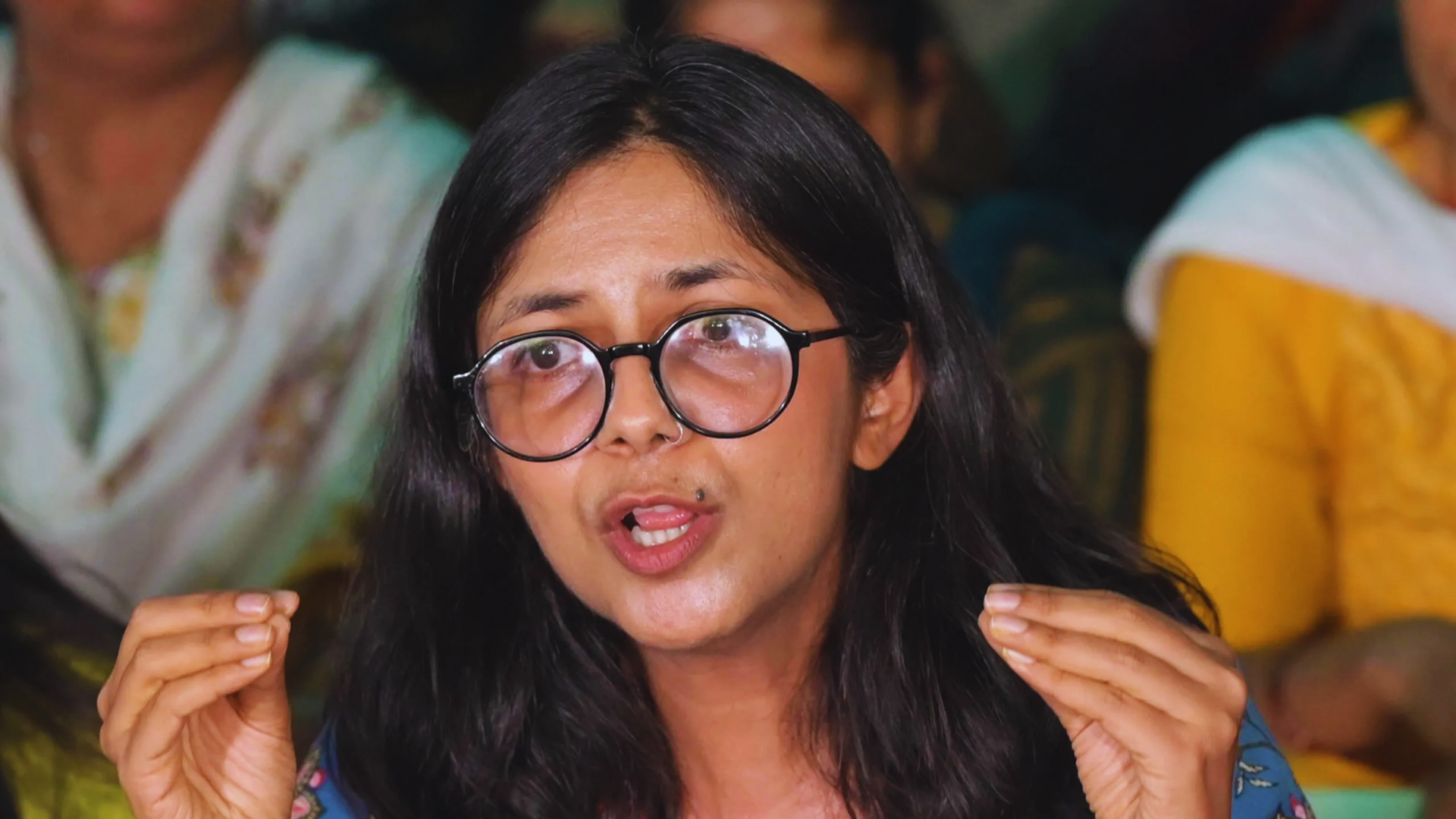
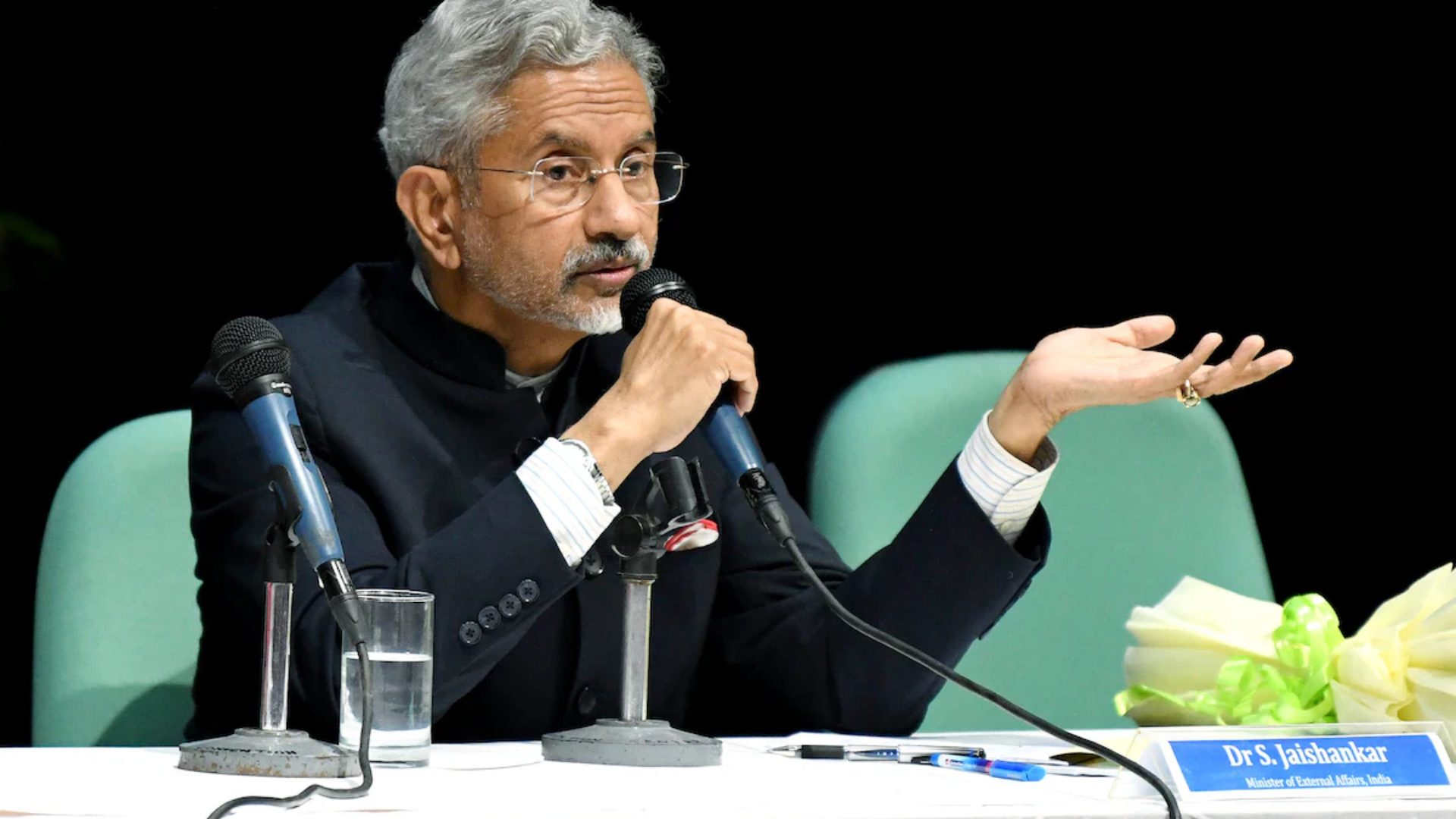




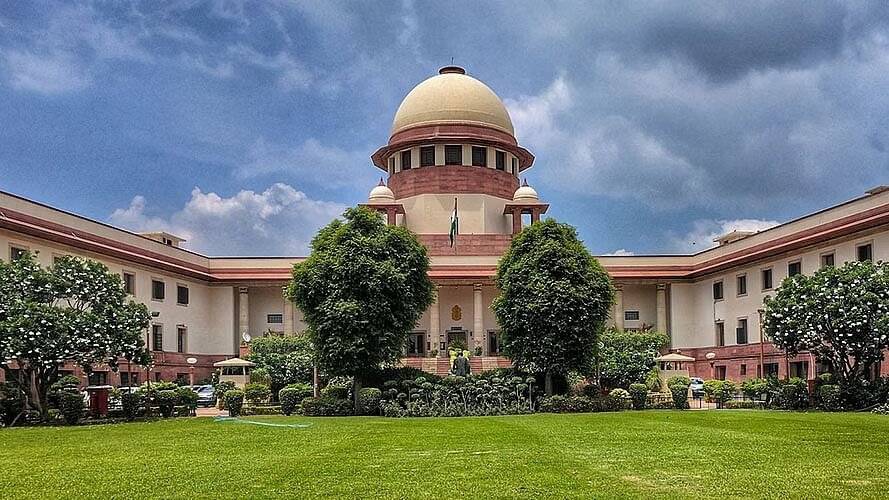
Supreme Court has rescheduled the hearing for pleas challenging the constitutional validity of Section 6A of the Citizenship Act, an amendment introduced in 1985 in line with the Assam Accord. Originally slated for October 17, the case will now be heard on November 7, before a five-judge Constitution bench comprising Chief Justice DY Chandrachud and Justices AS Bopanna, MM Sundresh, JB Pardiwala, and Manoj Misra.
The delay in the hearing was attributed to the fact that the upcoming week was designated as a miscellaneous week in the apex court. Solicitor General Tushar Mehta informed the bench, “The court had initially fixed the matter for October 17, but we were informed yesterday that the entire week is designated as a miscellaneous week.”
This matter was referred to as “In Re: Section 6A of the Citizenship Act, 1955” in the previous hearing. The case’s origins date back to December 17, 2014, when a matter related to citizenship in Assam was referred to a five-judge Constitution bench. Subsequently, on April 19, 2017, the bench was constituted by the Supreme Court to deliberate on the case.
The National Register for Citizens (NRC), a comprehensive list of Indian citizens containing all necessary identification information, traces its roots back to the 1951 national census. It was instituted to identify illegal immigrants in the state of Assam who had migrated from Bangladesh after March 25, 1971.
In 1985, following negotiations between the Indian government and the representatives of the Assam Movement, the Assam Accord was drafted, establishing categories for immigrants. The NRC exercise in Assam was conducted under Section 6A of the Citizenship Act of 1955 and the rules outlined in the Assam Accord of 1985.
Section 6A of the Act was introduced to give effect to the Assam Accord, providing the framework for recognizing migrants in Assam as Indian citizens or deporting them based on the date of their migration. The provision stipulates that individuals who arrived in Assam on or after January 1, 1966, but before March 25, 1971, from specified territories, including Bangladesh in 1985, must register themselves under Section 18 for citizenship. Consequently, March 25, 1971, is the designated cutoff date for granting citizenship to Bangladeshi migrants in Assam.
In 2013, the Supreme Court directed the State of Assam to update the NRC. On July 30, 2018, the final draft of the Assam NRC was released, with 40.07 lakh applicants out of 3.29 crores being excluded from the list, casting uncertainty over their citizenship status. The apex court later clarified that this was a provisional NRC, and no action could be taken based on it. On August 31, 2019, the final NRC list was published, with 19 lakh persons excluded.
Challenging Section 6A back in 2012, the Assam Sanmilita Mahasangha, a Guwahati-based civil society organization, argued that Section 6A is discriminatory, arbitrary, and illegal in providing different cutoff dates for regularizing illegal migrants who entered Assam compared to the rest of India.
The history of migration and the Bangladesh Liberation War, which led to Bangladesh’s independence from Pakistan, saw a substantial influx of migrants to India. Even before Bangladesh gained independence from East Pakistan in 1971, migration had already commenced towards India. On March 19, 1972, Bangladesh and India signed a treaty for friendship, cooperation, and peace, acknowledging the dynamics of migration in the region.
Also Read: India Initiates ‘Operation Ajay’ to Bring Back Indians from Israel
Catch all the Latest Business News, Breaking News Events, and Latest News Updates on NewsX




